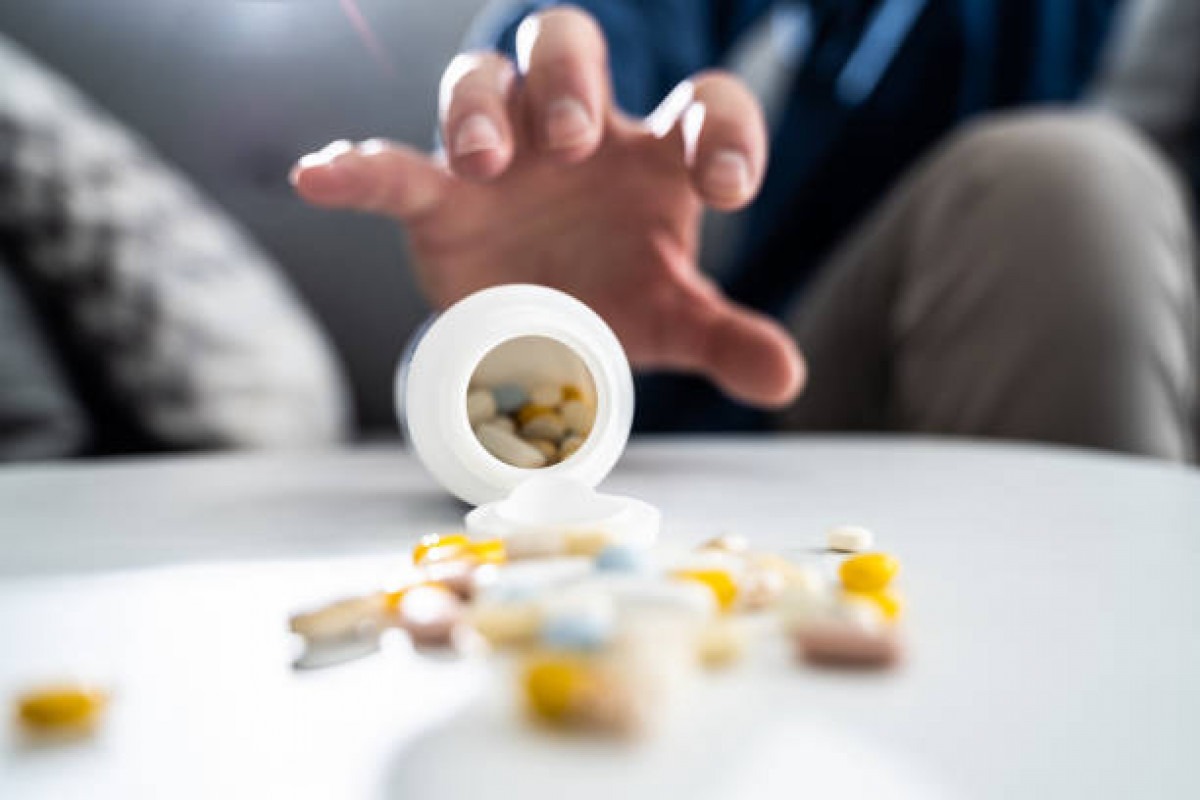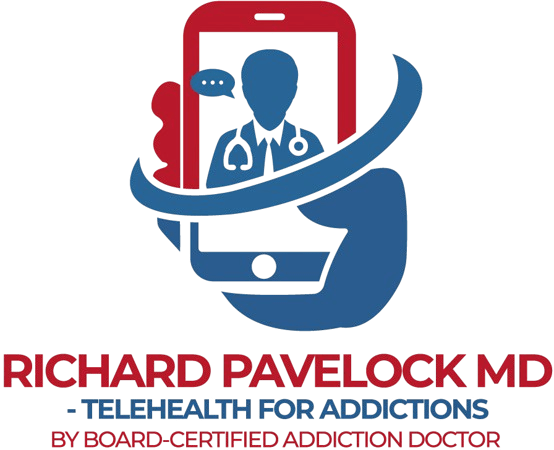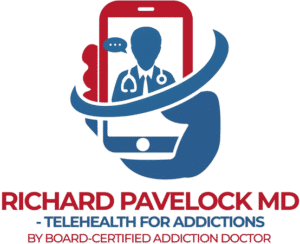Substance abuse is a medical condition where using drugs, both prescription and illicit, causes significant problems or distress. Drugs like opioids affect the brain’s reward system. It includes prescription medications like oxycodone, hydrocodone, codeine, and morphine, as well as illicit drugs like heroin. So, if you are suffering from substance abuse, you often feel a strong urge to use drugs and cannot control their use, even when you can experience its negative consequences.

Address the Root Causes Of OUD
While anyone can develop addiction, risk factors include a family history of addiction, early exposure to drugs through prescription painkillers, mental health issues, and trauma or other adverse life events. We will help you find out how you were affected to make the treatment significantly more effective.
Substance abuse is simply not due to a lack of willpower or weakness. It develops as a result of biological and environmental factors as well.
Red Flags of Dependence
Spot addiction early and get help. The symptoms of drugs can be physical, emotional, psychological, and behavioral. Not every person suffering from addiction will experience all symptoms, and severity may vary. Some key signs include:
Physical signs
- Cravings and urges to use drugs.
- Withdrawal symptoms when the effects of drugs wear off, including nausea, vomiting, diarrhea, sweating, shivering, anxiety, and trouble sleeping.
- Tolerance such that higher doses are needed over time for the same effects.
- Medical issues like infections from unsterilized injections.
Emotional/Psychological signs
- Experiencing strong emotions like stress, loneliness, or anxiety that drive continued use.
- Depression and low self-esteem related to drug misuse.
- Obsessive thinking about obtaining and using drugs.
- Social isolation and relationship issues due to focusing on drugs.
Behavioral signs
- Spending a significant amount of time obtaining, using, or recovering from addiction.
- Giving up important social, occupational, or recreational activities due to drug use.
- Continued use even when it puts health, relationships, or responsibilities at risk.
- Unsafe injection practices or opioid-impaired driving behavior.
- Altered alertness, mood, or ability to function normally at work/school.
- Lying to conceal the extent of opioid misuse or obtain drugs from others.
- Unsuccessful attempts to control or stop drug or opioid use.

Talk Openly About the Unseen Damage to Your Health
Long-term substance misuse greatly alters brain chemistry and function. The users are likely to bear overdoses, risky behaviors, injuries, infection through intravenous use, and other medical issues.
In severe cases, it may also exacerbate or contribute to mental health problems like depression, anxiety, and social instability.
We Will Battle This Together – Let’s Treat Your Drug Addiction
We want to help you through this difficult time.
When you’re dealing with addiction, it can feel like you are suffering all by yourself. But that’s not true – we are a team of caring people who want to support you.
You don’t have to go through recovery alone.
We will be with you from the start of treatment to living a healthy life. Our doctors and staff will make sure you have all the support you need. It is our promise to save you from feeling hopeless or lost because we are right here to guide you, always.
It’s okay if you are not sure where to start – we can help you figure it out.
Just call or contact us via email or a message, and we will answer any questions. Then, we will make a plan together for treatment, like substance abuse disorder counseling, medication, and wellness activities. You have the strength to get better. We just want to walk beside you during the process.
So Remember,
Addiction is a treatable brain disease that requires long-term support that addresses the complex medical and psychological aspects of this chronic condition. Our effective treatments combine both medication and behavioral therapies. It includes:

